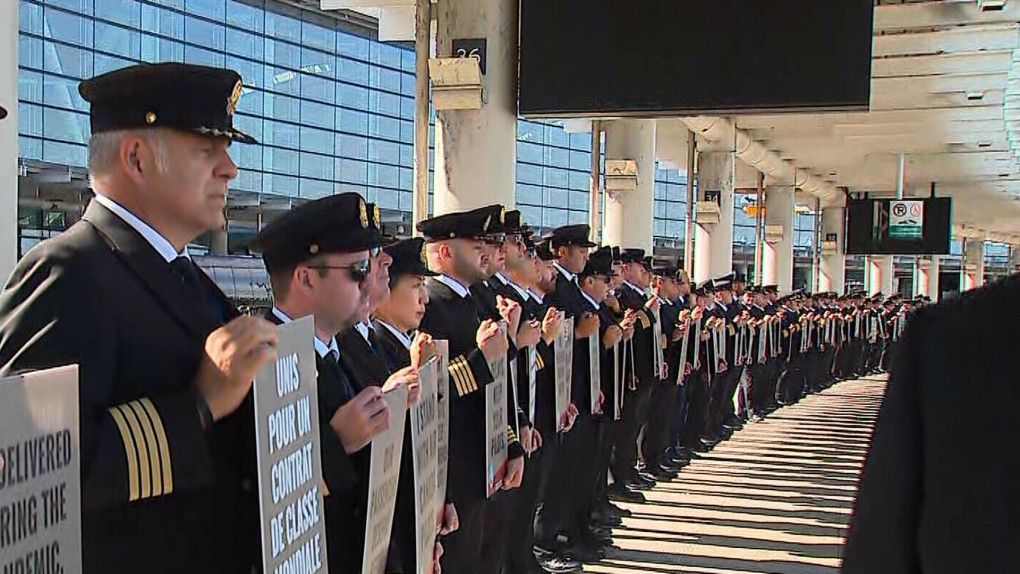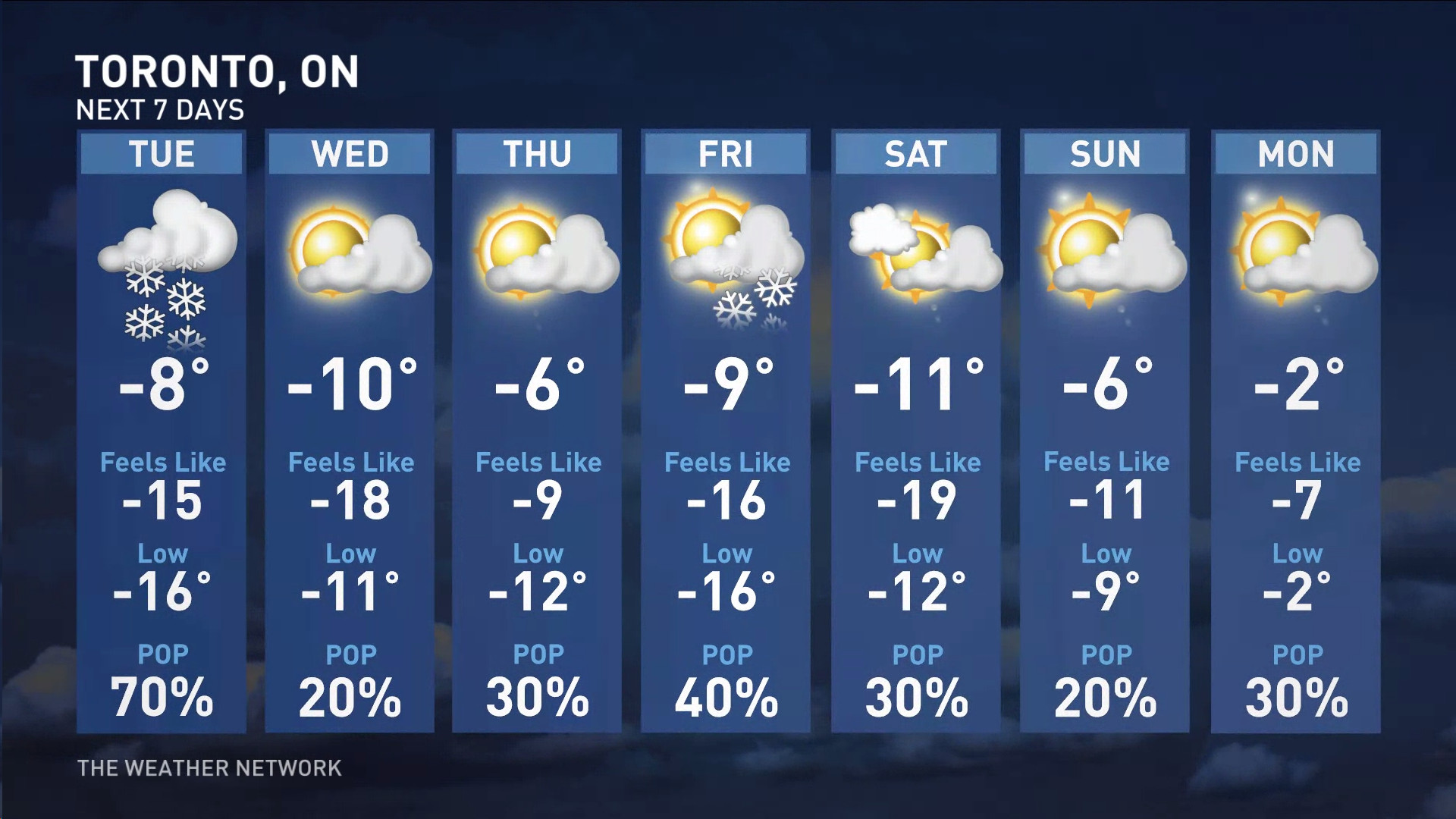Thousands of people across the UK have called for a rise to the Department of Work and Pensions (DWP) Christmas bonus. For more than half a century, pensioners, vulnerable people and carers who receive the benefit have been offered a one-off £10 bonus every Christmas as a gesture of goodwill. But many were shocked to learn that the Christmas bonus had remained the same over the past five decades, with one supporter saying it is now “practically worthless”.
A petition was launched in 2023 urging an immediate increase of more than £100 in the Christmas bonus, aligned with inflation. Almost a year later, the number of signatures on the petition is still growing as people call on Labour to act. At the time of writing, more than 15,000 people had thrown their support behind the petition, including 1,000 new signatories in a single day.
“I'm signing because so many older people are finding it hard “to make ends meet” during the cost of living crisis,” wrote Glenyd on the change.org page in support. “£10 is an insult,” added another supporter.
While the petition was started under the former Conservative government, its demands have remained unchanged under Labour. Given the recent vote to axe winter fuel payments for some pensioners, where exactly does Labour stand on the Christmas bonus?
The Christmas Bonus: A Brief Overview
According to the UK government website: “The Christmas Bonus is a one-off tax-free £10 payment made before Christmas, paid to people who get certain benefits in the qualifying week. This is normally the first full week of December.”
People on the benefits listed here qualify for the payment, which will automatically be made to those who qualify and should appear in their bank account alongside the reference: DWP XB.
The payment was introduced in 1972 and has remained the same for most of the last 50 years. It was increased in 2008 to £70 because of the financial crash but this was temporary.
So far, it doesn’t appear that Labour has put much thought into the DWP Christmas bonus. Instead, the party has made some tough decisions when it comes to benefits.
Earlier this year, Liz Kendall, the work and pensions secretary, laid out Labour’s plans to encourage people to return to work instead of relying on state benefits. When pressed this week about recent cuts to the winter fuel payment, business secretary Jonathan Reynolds said: “We have no choice.” He dismissed fears that some people could die of the cold this winter as a result of the cut. He added: “We are making sure that we can reassure people by saying the state pension is higher than last winter and energy bills are lower than last winter.”
The Standard has approached the DWP for comment.
The Case for a Christmas Bonus Increase
The petition urges the government to increase the Christmas bonus in line with inflation. According to the petition organisers’ calculations, this would have been equivalent to £113.18 in 2023. This year, inflation would take the bonus even higher.
According to the petition: “This isn’t asking for ‘just another handout’. This is for those of us that don’t have an option to earn anything extra.”
With the withdrawal of the £300-per-household cost-of-living support and the changing eligibility of winter fuel payments, worth £200 – £300, some could be as much as £600 worse off than last winter, he said. Benefits for all claimants will see an annual increase in April as they uprate in line with inflation. Last year, they increased by 6.7 per cent, bringing the standard monthly rate of Universal Credit for over-25s from £368.74 to £393.45.
A Christmas Bonus in a World of Rising Prices
The renewed interest in the drive comes as energy bills are set to increase this winter as Ofgem’s price cap rises. Combined with Labour’s controversial cut to the Winter Fuel Payment for pensioners, many experts are warning this will be a difficult winter for the country’s most vulnerable. Martin Lewis has urged the government to “rethink” the move to means-test the cold weather benefit, as he warns that all pensioners are likely to struggle more this year.
The petition’s argument highlights a stark reality: while the Christmas bonus has remained frozen for over five decades, the cost of living has skyrocketed. Food, energy, and other essential goods have become significantly more expensive, making it incredibly challenging for those on limited incomes to make ends meet.
The petition’s demand for a Christmas bonus increase in line with inflation is a call for fairness and recognition of the financial struggles faced by those who rely on benefits. It is a reminder that in a time of economic hardship, a small gesture of goodwill can make a substantial difference in the lives of many.
The Future of the Christmas Bonus
The petition's success remains to be seen, but it has sparked a crucial conversation about the adequacy of social support in the face of rising costs. The UK government will need to carefully consider the needs of its most vulnerable citizens and whether the current Christmas bonus effectively provides the necessary financial assistance during a time of economic hardship.
The response to the petition will serve as a gauge of the Labour government's commitment to social justice and its willingness to adjust policies to meet the changing needs of the population. As the winter approaches, the pressure on the government to address the concerns raised by the petition will likely intensify.
Whether the Christmas bonus is increased or not, the petition has served as a powerful reminder of the importance of addressing the needs of those struggling in a time of economic uncertainty. The future of the Christmas bonus will be a key indicator of the government's commitment to social justice and its ability to provide adequate support for its most vulnerable citizens.



















